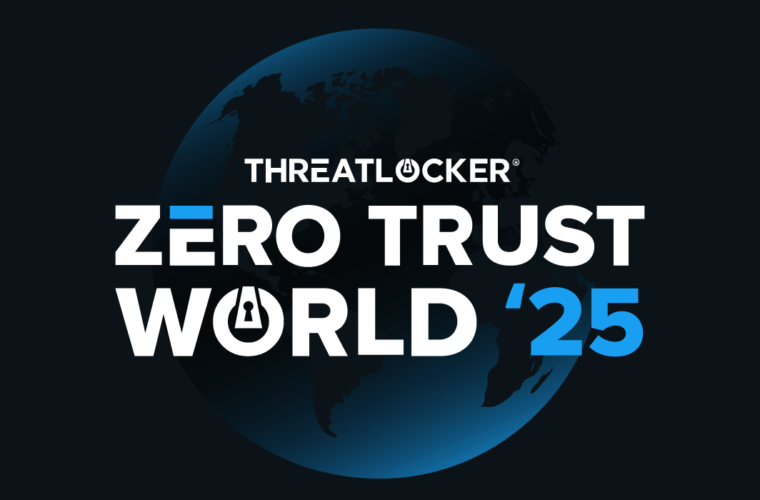The field of cybersecurity is experiencing rapid growth, leading to a significant increase in job opportunities within the industry. If you’re interested in learning about cybersecurity, several books can assist you in your learning journey.
These books can provide you with valuable insights, introduce you to new concepts, and offer solutions to your cybersecurity-related questions. In the realm of cybersecurity, there is a vast selection of books available. These books range from personal accounts and real-life tales of cyberattacks to practical guides that systematically introduce individuals to the intricacies of the cybersecurity landscape.
Numerous factors contribute to what makes a book exceptional or superior to others. Nevertheless, the following list comprises books that have garnered numerous positive reviews and have been endorsed by industry experts as ideal choices for individuals looking to enter the field of cybersecurity.
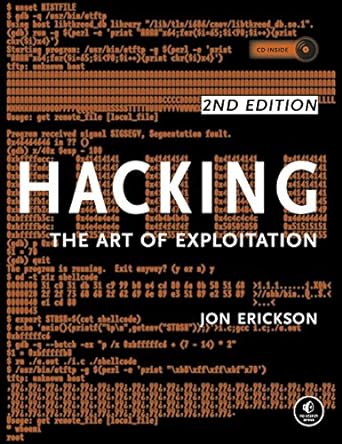
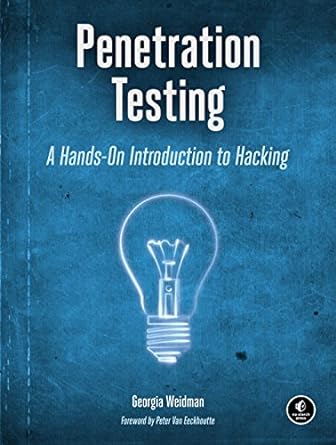
Hacking: The Art of Exploitation
Hacking can be seen as a form of creative problem-solving involving discovering unconventional solutions to challenging problems or exploiting vulnerabilities in poorly coded software. Many individuals label themselves hackers, but only a few possess the deep technical knowledge required to innovate.
Instead of simply demonstrating how to execute existing exploits, Jon Erickson, the author, delves into the inner workings of esoteric hacking techniques. To make the art and science of hacking understandable to a wider audience, the book “Hacking: The Art of Exploitation” introduces the basics of C programming from a hacker’s perspective.
Penetration Testing: A Hands-On Introduction to Hacking
Penetration testers simulate cyberattacks to uncover security weaknesses in networks, operating systems, and software applications. Information security experts worldwide employ penetration testing methods to assess the defences of businesses.
In her book “Penetration Testing,” security expert, researcher, and trainer Georgia Weidman introduces readers to the essential skills and techniques required by every penetration tester. Utilizing a virtual machine-based laboratory equipped with tools such as Kali Linux and vulnerable operating systems, you’ll engage in a series of hands-on exercises that involve tools like Wireshark, Nmap, and Burp Suite. As you follow the practical exercises and carry out attacks, you’ll go through the critical phases of a real-world security assessment, which include gathering information, identifying exploitable vulnerabilities, gaining access to systems, post-exploitation activities, and more.
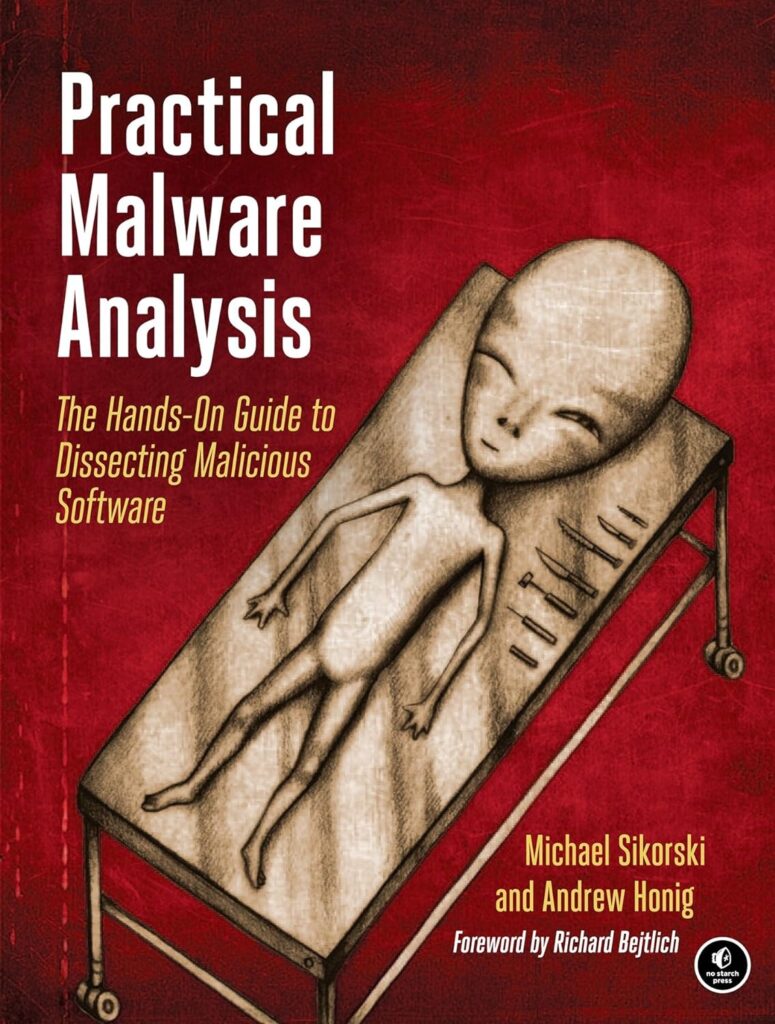
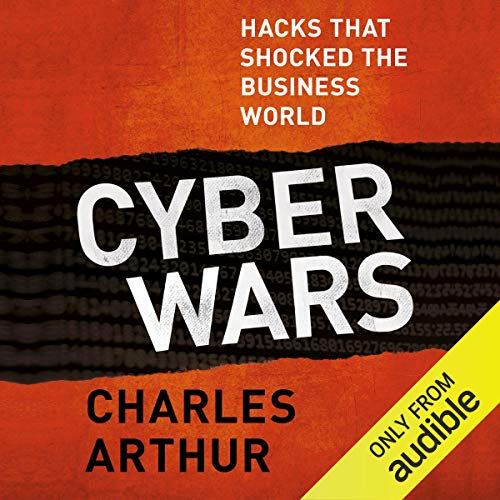
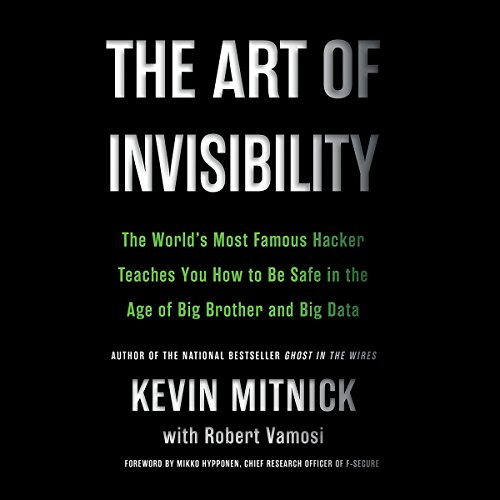
The Art of Invisibility: The World’s Most Famous Hacker Teaches You How to Be Safe in the Age of Big Brother and Big Data
Kevin Mitnick, renowned as the world’s most famous hacker, offers guidance on simple methods of concealing your digital footprint and defending your privacy in an era dominated by Big Brother and Big Data.
Whether you like it or not, your every action is under surveillance and scrutiny. Identity theft is rampant, and every move you make is monitored and stored. What may have once seemed like unfounded paranoia has become an undeniable reality, and privacy is now a luxury few can afford or comprehend.
In his dynamic yet pragmatic book, Kevin Mitnick exposes the hidden tracking and surveillance occurring without your awareness and imparts the principles of “the art of invisibility.” Mitnick, a former fugitive and one-time FBI target, is the most renowned computer hacker in the world. He has breached some of the nation’s most influential and seemingly impenetrable agencies and corporations, even evading the FBI for three years. Today, Mitnick has turned his life around and is widely acknowledged as an authority in the realm of computer security. He possesses an intricate understanding of how vulnerabilities can be exploited and, crucially, how to prevent such exploits from occurring.
Cyber Wars: Hacks that Shocked the Business World
In “Cyber Wars,” you’ll delve into the riveting behind-the-scenes narratives of some of the world’s most significant cyberattacks. These pivotal hacks send shockwaves through organizations globally, causing leaders to pause and question just how secure they truly are. Charles Arthur delivers a captivating account of the reasons behind each hack, the techniques employed, the ensuing consequences, and the potential prevention measures.
Cyberattacks represent one of the most daunting challenges currently confronting business leaders, and this book offers profound insights into comprehending their workings and the thought processes of hackers. Moreover, it furnishes invaluable guidance on maintaining vigilance and sidestepping security errors and oversights that could lead to catastrophic consequences. No organization is immune to these threats, but you can mitigate the risks by comprehending the contemporary landscape and anticipating the nature of future hacks.
Practical Malware Analysis: The Hands-On Guide to Dissecting Malicious Software
Malware analysis is a significant concern, and cyberattacks can have substantial financial implications for companies. When malware manages to breach your security measures, prompt action is essential to address existing infections and thwart potential future ones.
For individuals aiming to stay at the forefront of malware threats, “Practical Malware Analysis” offers comprehensive instruction on the tools and methods employed by professional analysts. This book serves as a valuable resource, equipping you with the skills to effectively examine, debug, and disassemble any malicious software encountered, ensuring you can respond effectively to cybersecurity threats.



